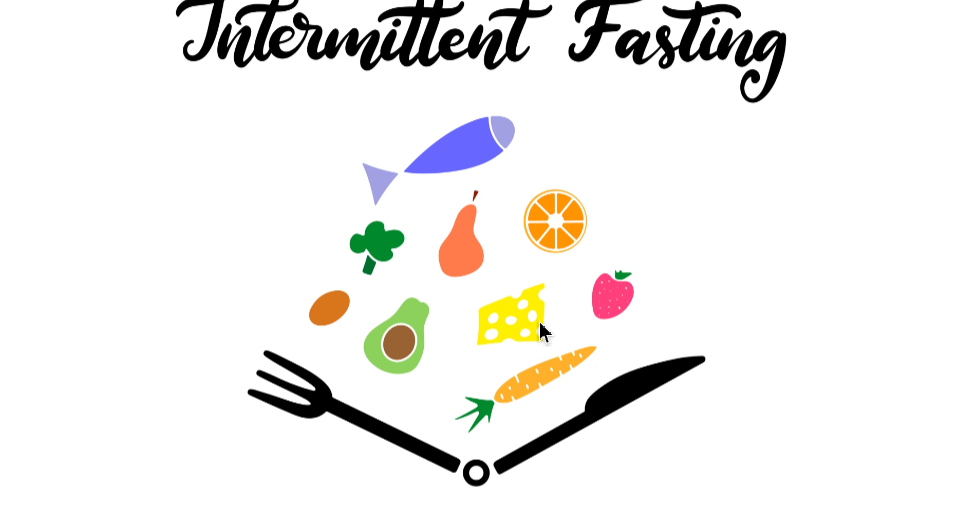By Michael Raynor, MS, RD, LDN, CISSN
What is Intermittent Fasting (IF)?
Intermittent Fasting (IF) is a way of eating that, instead of restricting what you eat, restricts when you eat. This is done by restricting eating to certain time periods with long periods of fasting in between. There’s a lot of variety in how this can be done. Common methods are fasting for 16 hours and eating in an 8-hour window, a weekly 24-hour fast, alternate day fasting in which you consume extremely low calories, and the 5:2 method in which you eat healthfully for 5 days and then fast (only eating 300-500 calories) on the 2 fasting days.
Does it work?
There’s still a lot of research that needs to be done on Intermittent Fasting (IF) for us to better understand the benefits. However, current research suggests that IF can be as effective as eating a balanced diet and exercise for weight loss. With other benefits, IF may also help to improve several risk factors for cardiovascular disease, including blood pressure, triglycerides, blood sugar levels, and markers of inflammation. Intermittent fasting may also help to fight inflammation and help to resist oxidative stress. In addition, fasting may help the cells in our body start a waste-removal process called autophagy, which may be protective against several diseases.
Obviously, all of this sounds pretty appealing! While there are a lot of claims regarding IF that have been circulated, it’s important to keep in mind that some of these assertions are based on research in animals, which is no guarantee that humans react the same way.
The Verdict?
Intermittent Fasting (IF) works for some people because of the structure and rigidity, and there appear to be some health benefits to it. However, for many people, it’s not a sustainable approach to nutrition—you can’t really stick with it if you’re starving all the time and constantly breaking your fast because you can’t wait to eat. I’m huge on sustainability and always tell people that the eating pattern you adopt (your diet) should be something you could do for the rest of your life. Which may seem silly, but think about it. If you’re only temporarily changing the way you eat, everything will go back to the way it was when you resume your normal diet.
If you think IF will fit your lifestyle, then try it. If it doesn’t sound good to you, that’s fine too! There’s plenty of other strategies you can use to reach your goals. In my professional opinion, the quality of your diet is the most important factor whether you are using the IF method or if you choose some other approach to eating. You still need to eat good, lean proteins, healthy fats, whole-food complex carbohydrates, and fruits and vegetables.
If you would like more information about IF or a nutrition plan that would work for YOUR unique body, health and life. Sign up for a FREE getting started call with Michael HERE.




